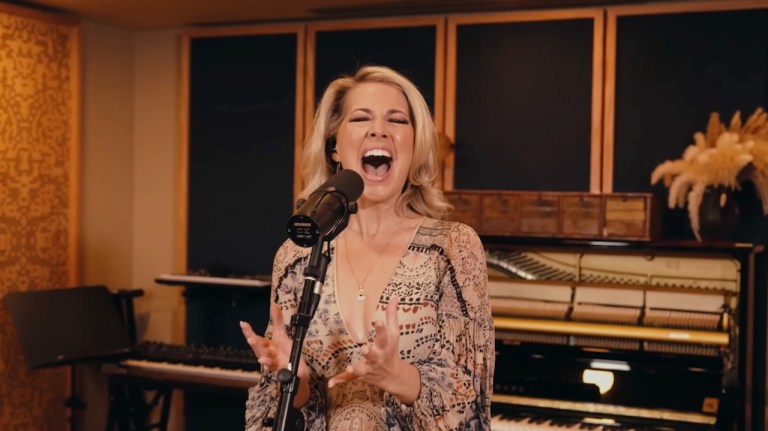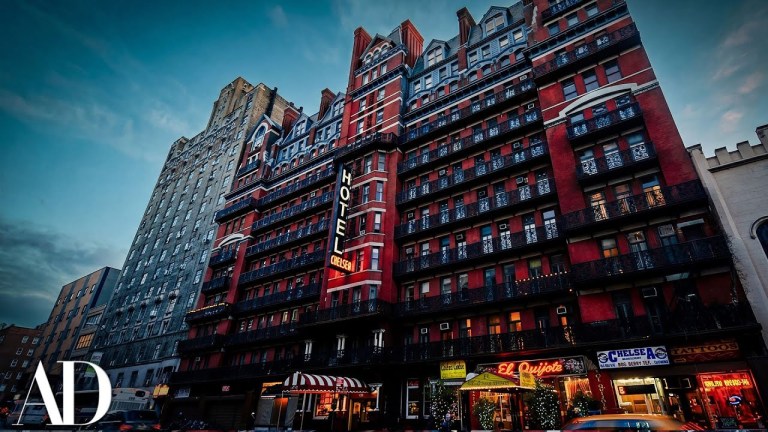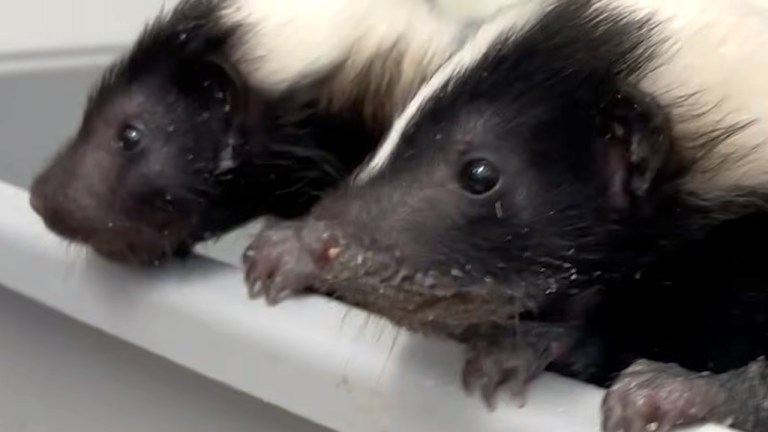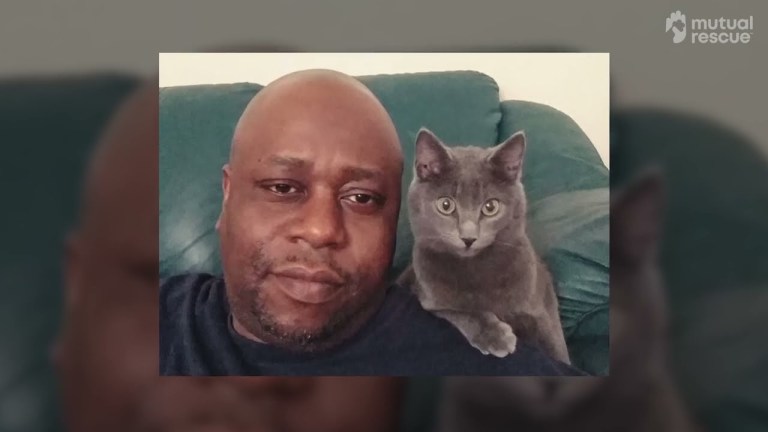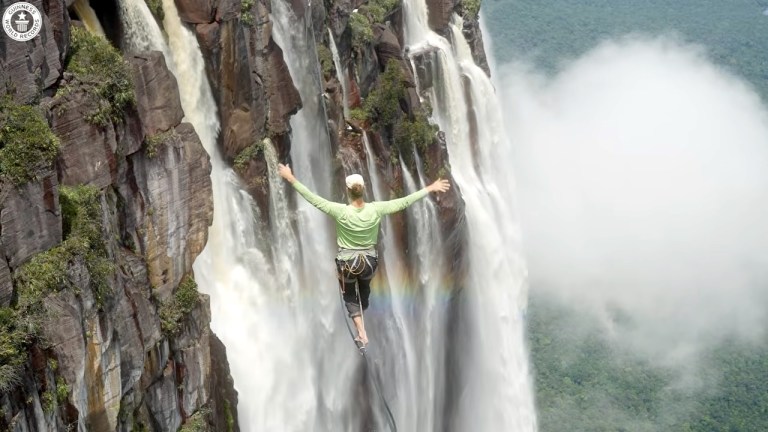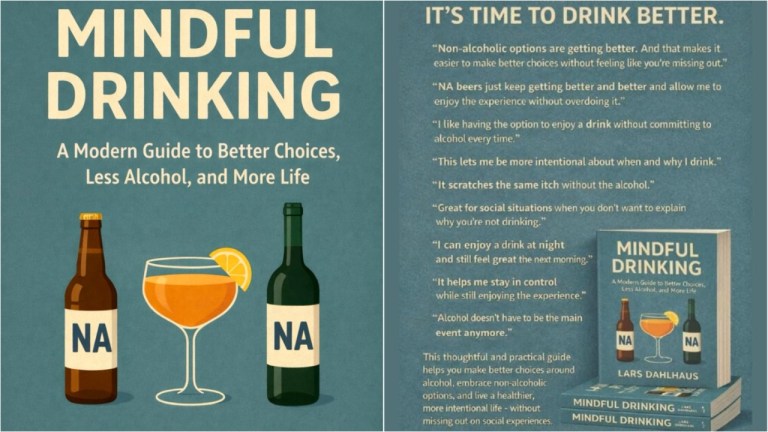How AI-Generated Art Impacts the Future of Creativity
In the fourth and final episode of the video series, Everything Is a Remix, host Kirby Ferguson looks at the formidable roles that artificial intelligence (AI) and image generation are taking in supplanting certain creative jobs, though he is less fearful of machines actually taking over in the future.
Artificial intelligence is the most morally ambiguous from inception. It has the potential to create either a Utopia or a dystopia. Which reality will we get? Just like everybody else I do not know what’s coming but it seems likely that in coming decades these visions of our imminent demise will seem campy and naive because our imaginings of the future always become campy and naive.
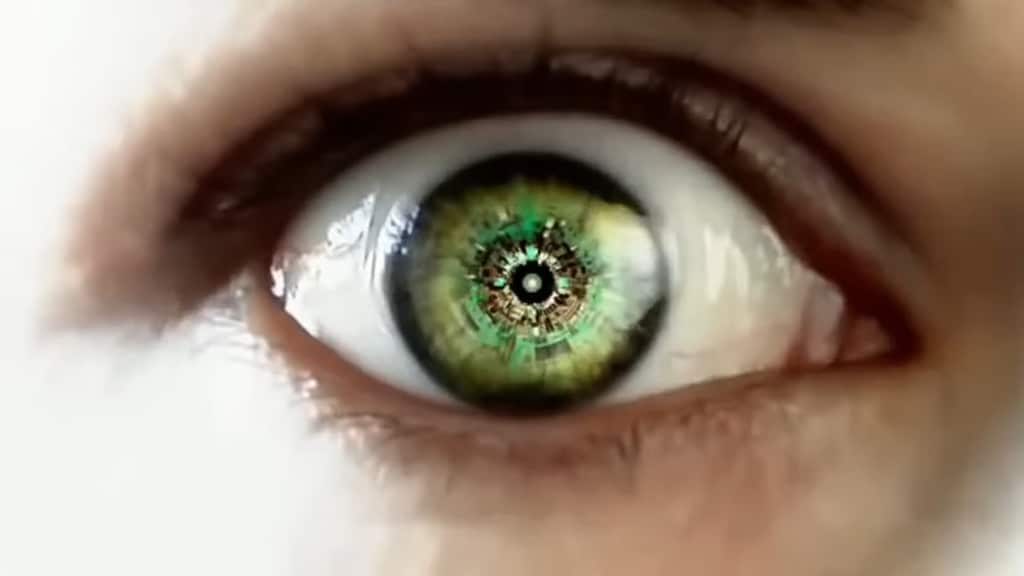
A controversy surrounding AI images has arisen, as several artists believe their work was stolen for AI training. Despite this very real concern, Ferguson acknowledges the issue and comes up with what should be an achievable solution.
Yes, there is some piracy going on in AI image generation. There’s some piracy going on everywhere. …Training AIs on individual artist’s work does seem wrong. Everyone should be able to opt out of all training sets and maybe AIS should simply not train on images from active art communities. Also some company should make an image generator trained on public domain and licensed images, which would avoid this.
He further says that AI is only good as what is fed to it.
AI is derivative by design and inventive by chance. Computers can now create but they are not creative. To be creative you need to have some awareness, some understanding of what you’ve done. AIS know nothing whatsoever about the images and words they generate. Most crucially AIS have no comprehension of the essence of art. …Art is the voice of a person and whenever AI art is anything more than aesthetically pleasing, it’s not because of what the AI did it’s because of what a person did. Art Is by humans for humans.for humans.

